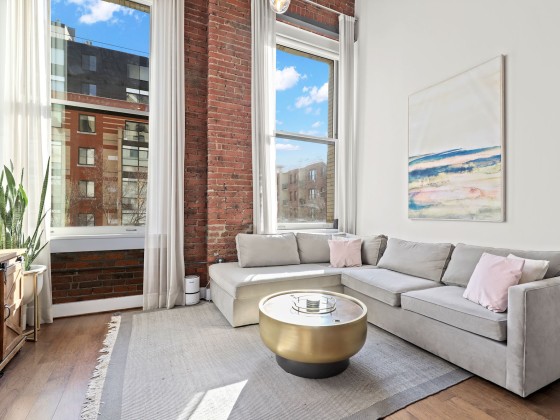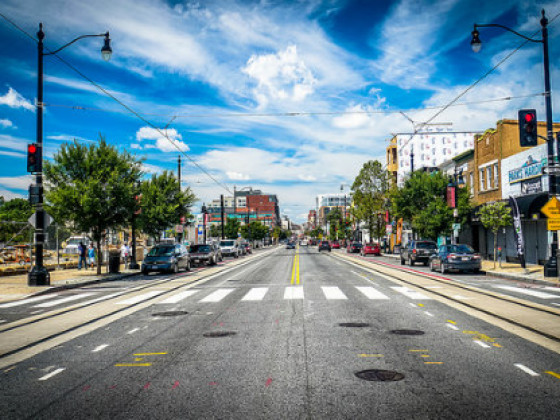What's Hot: Amazon To Close Down Fresh Grocery Stores
 Could a New Non-Profit Doom a Planned 16th Street Development?
Could a New Non-Profit Doom a Planned 16th Street Development?
✉️ Want to forward this article? Click here.
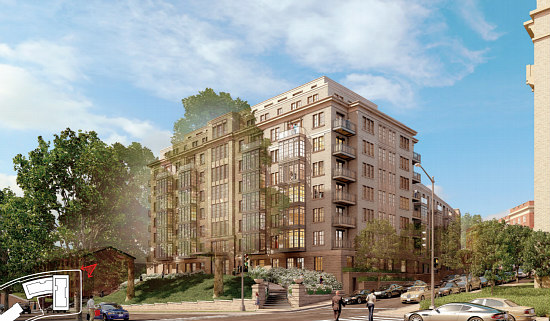
Last month, the Zoning Commission (ZC) granted approvals for a development team to construct a mixed-use building on the land fronting 16th Street NW in front of the Meridian International Center (MIC). Now, a group is attempting to undermine the development by using a different strategy than has been prevalent (and increasingly effective) recently.
Rather than filing a lawsuit, a group of local residents is applying for a zoning map amendment which would affect the future of the recently-approved development. Westbrook Partners, in collaboration with MIC, is planning a 110-unit apartment building with office and meeting space for the nonprofit on a portion of the property at 2300 16th Street NW (map). The zoning approvals came after a lengthy planning process, and the concept also required approval from the Historic Preservation Review Board.
ANC 1C and area neighbors have long opposed the project, and now, an unincorporated nonprofit civic association called Keep Meridian Hill Green (KMHG) has filed an application to re-zone the site. The location is currently zoned RA-2 toward the rear and RA-4 where it fronts 16th Street; the application cites the Comprehensive Plan as justification for the entirety of the site being zoned as RA-2. The RA-4 zone permits medium- to high-density residential development with a maximum height of 90 feet; the RA-2 zone permits moderate- and medium-density apartments or townhouses with a maximum height of 50 feet.
story continues below
loading...story continues above
The application states the following (emphasis is applicant's own):
"The Generalized Policy Map identifies the project site as being within a Neighborhood Conservation Area, which is defined by the Comprehensive Plan as:
"…[having] very little vacant or underutilized land. They are primarily residential in character. Maintenance of existing land uses and community character is anticipated over the next 20 years. Where change occurs, it will be modest in scale and will consist primarily of scattered site infill housing, public facilities, and institutional uses."
"Allowing the lot to remain split-zoned with RA-4 would violate the provisions of the Generalized Policy Map by enabling greater density than anticipated by the Comprehensive Plan; enabling large-scale development that is more appropriate in a medium or high-density area; and enabling development that exceeds the existing scale and architectural character of the area," the application continues. It also notes the lot's designation for moderate-density residential development on the Future Land Use Map.
At least 200 individuals have signed a change.org petition commissioned by KMHG and dozens of others signed another petition earlier this month; these are expected to be presented during an ANC 1C meeting on September 5th. A zoning hearing on this map amendment has not yet been scheduled.
See other articles related to: comprehensive plan, dc comprehensive plan, future land use map, map amendment, meridian international center, zoning, zoning commission
This article originally published at http://dc.urbanturf.production.logicbrush.com/articles/blog/could-a-new-non-profit-doom-a-planned-16th-street-development/14315.
Most Popular... This Week • Last 30 Days • Ever

While homeowners must typically appeal by April 1st, new owners can also appeal.... read »
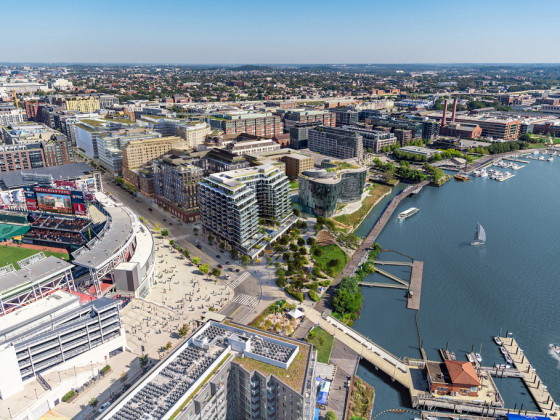
Navy Yard is one of the busiest development neighborhoods in DC.... read »
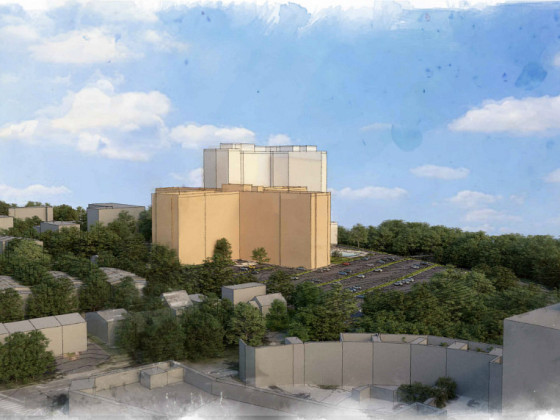
A significant infill development is taking shape in Arlington, where Caruthers Proper... read »
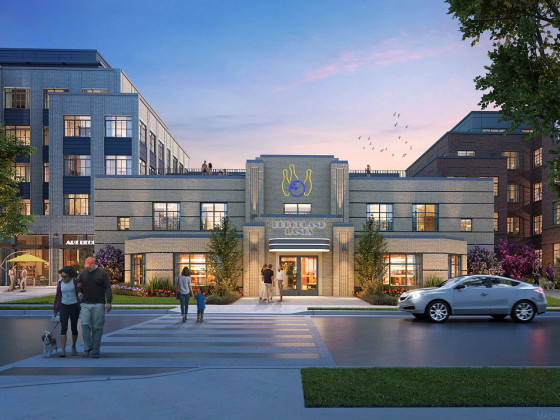
A residential conversion in Brookland that will include reimagining a former bowling ... read »
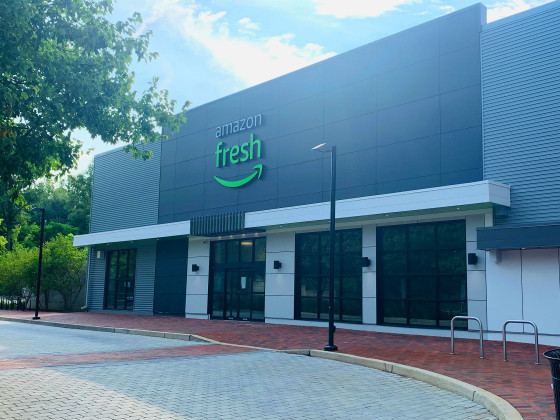
After years of experimenting with its branded brick-and-mortar grocery concepts, Amaz... read »
DC Real Estate Guides
Short guides to navigating the DC-area real estate market
We've collected all our helpful guides for buying, selling and renting in and around Washington, DC in one place. Start browsing below!
First-Timer Primers
Intro guides for first-time home buyers
Unique Spaces
Awesome and unusual real estate from across the DC Metro





